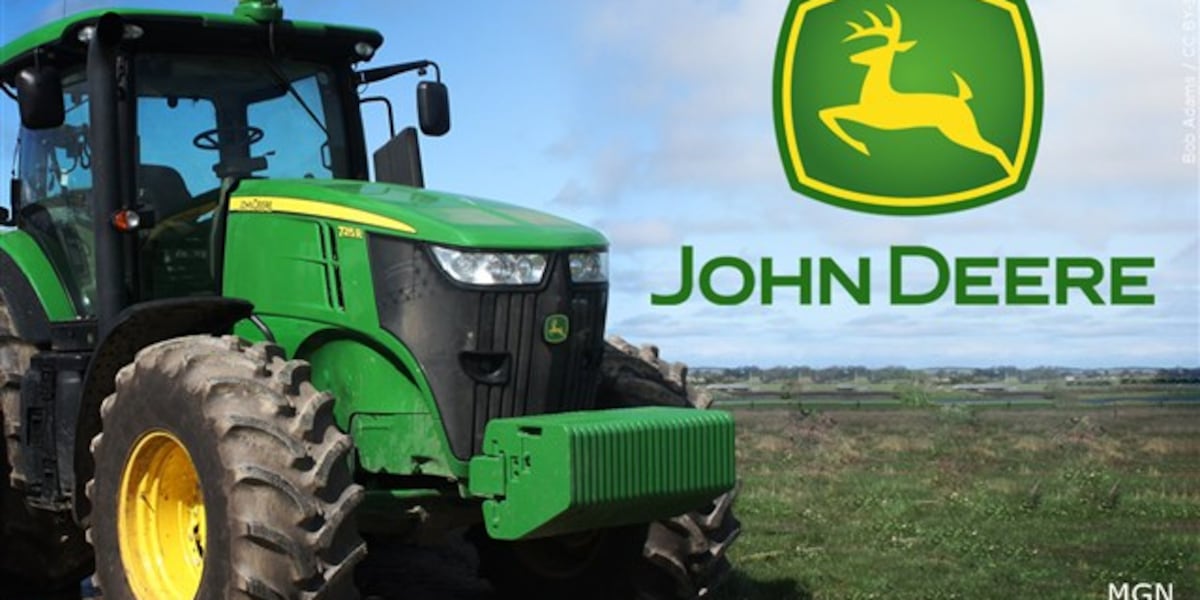DAVENPORT, Iowa (KWQC) – Members of the Iowa Farmers Union are in Washington, D.C., to talk to Congress about the impact of tariffs on their economy.
Experts say the biggest impact on Iowa’s economy comes from the tariffs between the U.S. and China.
Corn has three main markets: livestock feed, biofuel production, and exports.
This year, the corn crop is estimated to be the largest the U.S. has ever grown, but no one is celebrating.
“It’s very discouraging for farmers to think that they’ve done all the things right in their fields and have put innovations in place and made good decisions, but yet, even with strong yields, they’re gonna be facing a loss on what they’re producing,” said Aaron Lehman, president of the Iowa Farmers Union.
Lehman said local corn prices are about 50 cents below the cost of production per bushel, and soybeans are about $2 below. He added that USDA programs many farmers rely on are also being cut.
Lehman also said that because of tariffs, customers are buying corn and soybeans from other parts of the world.
As farmers feel the impact of tariffs in their pockets, farm machinery makers like John Deere are also taking a hit.
Instead of buying new equipment, many farmers are choosing to repair or purchase used machines — cutting into sales.
The company said sales of large farm machinery could fall 15% to 20% in 2025, and the decline would continue into 2026.
China and Brazil are big buyers of John Deere equipment, but with tariffs placed on them, they’re buying less because costs have gone up.
Tariffs on materials and computer chips needed to produce the equipment are also part of the profit loss.
“By the end of the year, it’s going to cost about $600 million in tariff-related damage. Steel tariffs, aluminum tariffs, copper tariffs — these are all inputs that John Deere utilizes in the production of final goods,” said Tad DeHaven, policy analyst at the Cato Institute.
DeHaven said this could put John Deere in a dilemma: either absorb the losses — meaning less money for shareholders, workers, and research — or pass the costs onto customers by raising prices.
Estefanía Pinto Ruiz is the water, ag & environment reporter for KWQC TV6 News and The Mississippi River Basin Ag & Water Desk. She is also a Report for America corps member.
Copyright 2025 KWQC. All rights reserved.

